Can broadcasters remain relevant in a world of multi-platforms and DIY digital content?
In a world in which everyone today can be an amateur content producer on YouTube; a blogger and vlogger, or podcaster in different formats across multi-channel platforms, major multimedia groups are facing huge challenges and investments to remain relevant to younger generations.
It therefore makes sense for television groups in Portugal to cooperate more, by setting up shared content platforms to meet the challenges of large international platforms which have the investment scale and dimension that simply doesn’t exist in Portugal.
This was one of the key messages from Francisco Pedro Balsemão, the President of the Impresa Group, one of Portugal’s big three broadcasters which holds SIC TV and the Expresso newspaper.
Francisco Pedro Balsemão was addressing a group of business leaders at a lunch organised by the International Club of Portugal (ICPT) which was held at the Sheraton Lisboa Hotel and Spa on Tuesday. (17 January, 2023)
At the event, attended by his father, Francisco Pinto Balsemão – onetime Prime Minister of Portugal between 1981 and 1983 who founded SIC, the first private TV station in the country in 1992 – the 42-year-old executive said it was important to up revenues through the digital area.
However, he said that general TV channels and Cable TV continued to be strong in Portugal garnering 50% of all advertising in the country. To this end, he said that the broadcasting company’s strategy was to triple digital revenues in terms of both advertising and subscriptions between this year and 2026.
With 13 years at the group and 4 years as its president, Francisco Pedro Balsemão highlighted three main challenges. First, fragmentation in content offer which if traditional TV stations ignored could lead to them becoming irrelevant in the market.
In this he referred to what he termed as ‘Divided Attention Disorder’. “Today there are many platforms offering content and we must be where our consumers are”.
“It is no longer a case of ‘one too many, but rather many to many’, or many platforms through and to many consumers”.
Francisco Pedro Balsemão illustrated just how this revolution worked by practice using a simple comment from his 9-year-old daughter Francisca who when told by her father that viewing figures for Sunday prime time SIC television had been over one million paid little attention, reckoned it was nothing and immediately switched off and returned to the personalised videos platform TikTok which generates many millions of views.
The second challenge is digitalisation, which means adapting to the profound changes in the way programmes are consumed in order to retain and grow audience.
The ability to view anywhere, at any time and on any device means that programme consumption has become delinearised, gradually shifting advertisers from TV to the Internet. “We have to invest more capital in digital which in the UK was already running at 60-70%.
In the newspapers world, for example, in order to stay relevant the weekly broadsheet Expresso has a strategy to be at the “top of mind of consumers all day and on all platforms and versions in a omni-channel world”, he said.
To remain relevant there were lots of risks. Consumer habits had to be attended to, although he admitted that trends seen in other countries have “tended to take longer in arriving here”.
The multiplicity of ways in which customers consume content today is particularly evident among young people who “as a general rule don’t read newspapers in the traditional way and are watching less traditional TV.
Francisco Pedro Balsemão pointed out that the group has projects aimed at attracting a younger audience, adding that in future the way that content will be consumed will be manifold with viewers choosing watch programmes on a platform on one day and on a channel the next: I Players, Catchup TV, Streaming, YouTube, as well as regular TV station programmes.
A third major challenge was what he termed “disintermediation in media” which in the context of the media today in 2023 means the process of bypassing the functions between the original supplier and the customer and where these functions are usually in marketing and distribution, where digital content can be delivered electronically, or where customers can find information themselves.
In practice for consumers it means that our news and programme content is no longer being ‘mediated’ through a few select media outlets, as was the case with traditional TV radio and newspapers before the advent of YouTube, Netflix, HBO, Facebook and other social media and online mobile, tablet and laptop platforms.
“There will increasingly be a mixture or difficulty in separating and distinguishing content consumers and producers which cuts out the middleman. (Examples might be bloggers, vloggers, influencers on YouTube or amateur history and fashion buffs with their own speciality channels doing their own programmes (YouTubers), and Instagramers/TikToKers.
“In this increasingly more digital world with various ways of bringing content to people, everyone can attract a public following with millions of followers. (Cristiano Ronaldo has 500 million for example)
“These have ended up by being not only content consumers, but producers and therefore competitors at the same time”, said Francisco Pedro Balsemão.
This meant broadcasters had to “separate the wheat from the chaff” without closing their eyes to this reality, and this meant investing more in digital (33% of advertising in Portugal is now digital), focusing on podcasts, for example. (particularly favoured by young people).
Focusing on data too (Data is the new Oil) in order to seek out and better target advertisers, as well as using data to determine what subscribers want and delivering more interest specific content to thereby achieve the holy grail for broadcasting and publishing groups of recurring or repeat revenues.
After the luncheon Francisco Pedro Balsemão talked about consolidation in theoretical terms telling the Lusa news agency: “In a country like ours, of our size, there should be” but added that there were no plans just yet.
Text: Chris Graeme Photos: ICPT










